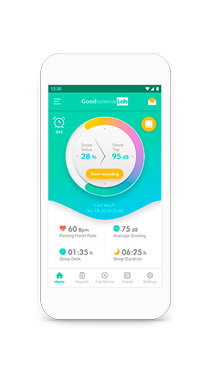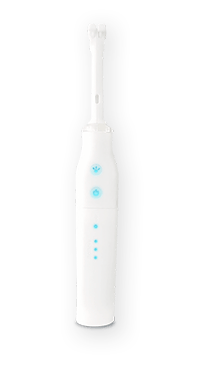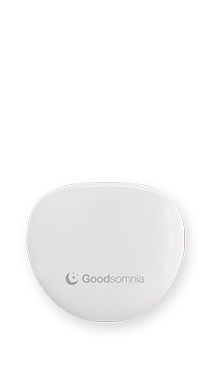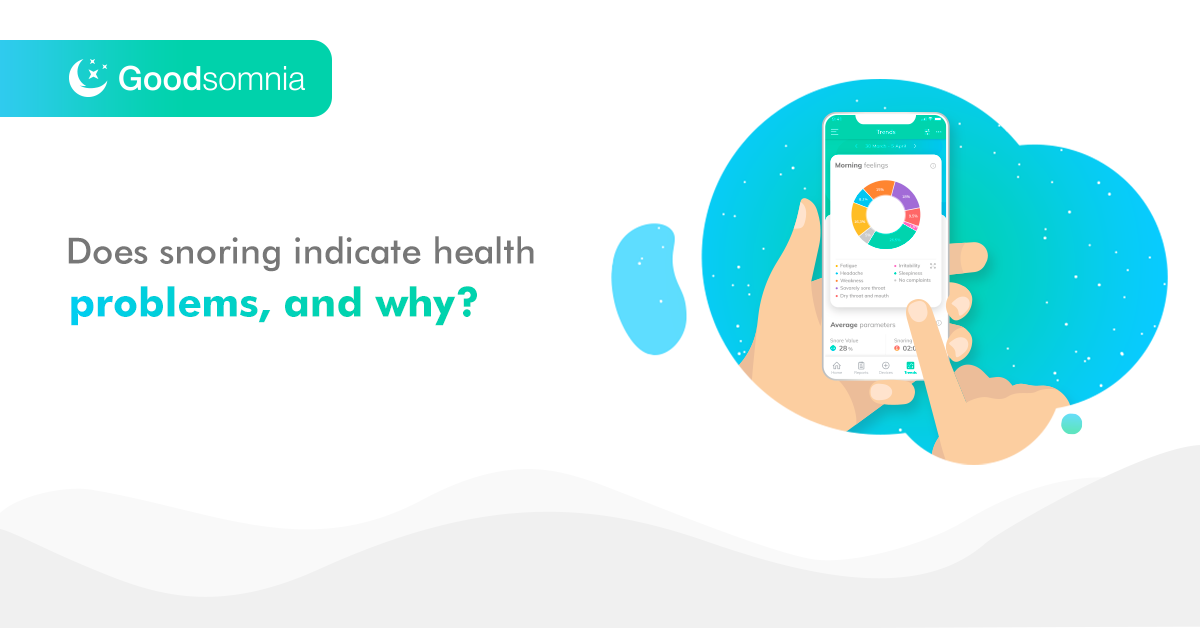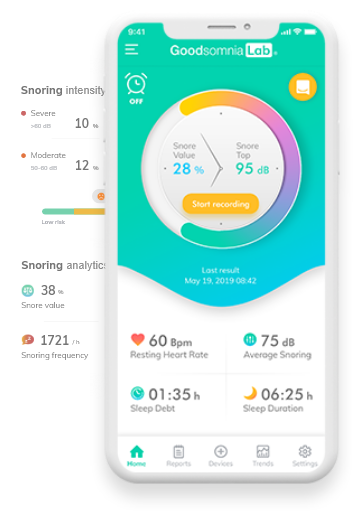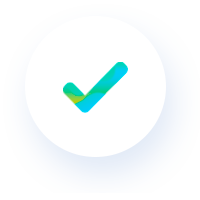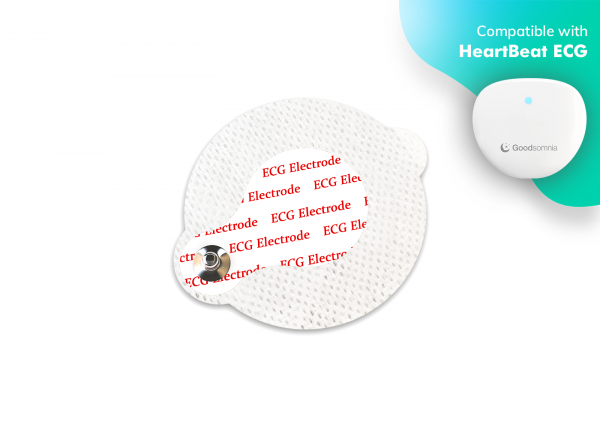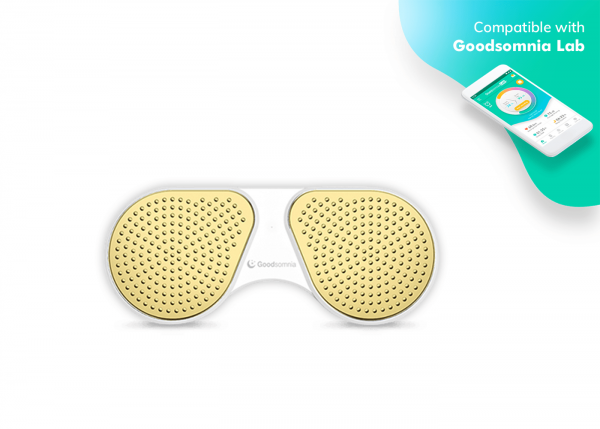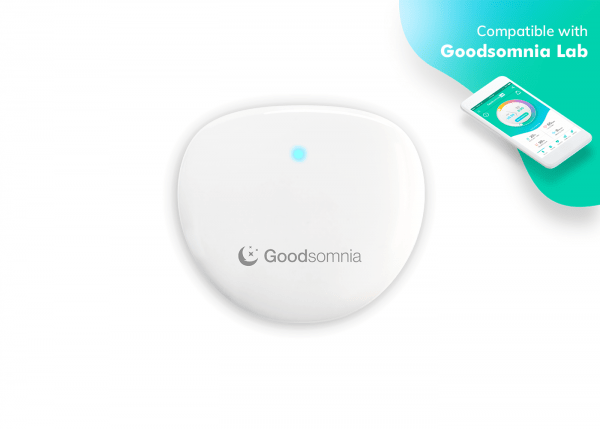Zzz, the sound that people get used to. We may fall asleep while somebody is snoring or don’t notice ourselves snoring. But this innocent sound may lead to severe health problems, like OSA. How to detect bad snoring, its effects on health, and the best treatment read on.
Is snoring good or bad for health?
About 30% of people aged 30+ snore regularly. Is snoring good or bad for your health? It’s a question that may not influence you, until it becomes frequent, very loud, causes sleep apnea or affects your health. Snoring is the result of obstructed breathing when your passageways are narrowed, and air can’t pass easily. To understand whether snoring is bad for you, monitor your sleep, check how often you snore, its intensity and assess morning moods and overall well-being.
Top 3 snoring health problems
When it comes to the effects of snoring on health, you may face:
- OSA. Sleep apnea is more likely to occur when a person snores;
- Heart disease. Snoring is often a problem of high blood pressure. So, people tend to have arrhythmia and cardiovascular issues;
- Low blood oxygen level. As snoring interrupts normal breathing, blood doesn’t get enough oxygen, so leading to overall body changes.
There’s no doubt, each problem is dangerous, and you should take action once diagnosed.
Realizing how dangerous snoring can be to your health, you may now recognize these symptoms: repeated snoring episodes; gasping, choking sounds; restless sleep. There are two more ways to detect snoring:
- Use a snoring tracker, like Goodsomina Lab.
- Pay attention to morning symptoms: sleepiness, morning headache, poor concentration.
Noticing small changes in your body may help you realize if snoring indicates a health problem. In most cases, it does.
How to improve your health
If you don’t know how to stop snoring and improve your health, here are some easy to follow guidelines:
- Healthy lifestyle. Adopt daily activities, ban junk food,
- Side sleeping position. Sleeping on your back provokes very loud snoring. Health risks are less when you sleep on your side.
- Sleep monitoring. This one is important to pre-diagnose the disease and help you control everything that happens while you shut the eyes.
- Anti-snoring exercises and devices. You may try Goodsomnia stop-snoring tool, for instance.
- Regular consultation with a doctor.
If you catch yourself snoring, this will help you resolve problems faster and prevent serious health implications.

